- Knowledge of what happened along with an apology,
- Understanding of why it happened,
- Explanation of what preventative measures are being implemented to prevent the harm from occurring again with other patients and
- Financial remuneration.
Historically, the belief was that if doctors apologized, then the risk of a lawsuit and/or the amount of the settlement would be reduced. Researchers from Cornell University and the University of Houston analyzed healthcare facilities in states that have adopted apology laws. Their findings, published in the Journal of Risk Uncertainty, found that “statements of regret facilitated faster settlement times and a decrease in malpractice claims.”
However, saying “I’m sorry” or “I apologize” can have significant consequences depending on a state’s law. Most apology laws apply to statements and gestures of benevolence, usually stated in the vortex of an unanticipated outcome, to either a patient and/or a patient’s family member.
Additional research has found that apologies can benefit the patient or patient’s family members as well as the provider.
According to an article in Stanford Law Review, “[b]ased on case studies indicating that apologies from physicians to patients can promote healing, understanding, and dispute resolution, 39 states (and the District of Columbia) have sought to reduce litigation and medical malpractice liability by enacting apology laws.”
Each state has its own nuances, so a simple “I’m sorry” may cause additional legal evidentiary issues, depending on the jurisdiction. Some questions providers should first ask their attorneys include:
- Does the state’s law expressly mention to whom the apology may be relayed (e.g., family member or friend)?
- Does the state’s law allow for the admission of expressions of sympathy?
- Is there a time limit during which an apology is inadmissible?
Perhaps most importantly, providers must be able to convey a distinction between a statement of sympathy versus an admission of fault. Maine and Louisiana, for example, say that nothing in the statute prohibits the admissibility of a statement of fault. In contrast, Vermont’s law says that “liability protections … shall not be construed to limit access to information that is otherwise discoverable.”
Apologies are expected by patients and may be a mitigating factor in litigation or a settlement figure. However, providers should understand the laws of the states in which they practice, as well as what is admissible, so they know what they can and cannot say.
15% Off Medical Practice Supplies
VIEW ALL
 Manual Prescription Pad (Large - Yellow)
Manual Prescription Pad (Large - Yellow) Manual Prescription Pad (Large - Pink)
Manual Prescription Pad (Large - Pink) Manual Prescription Pads (Bright Orange)
Manual Prescription Pads (Bright Orange) Manual Prescription Pads (Light Pink)
Manual Prescription Pads (Light Pink) Manual Prescription Pads (Light Yellow)
Manual Prescription Pads (Light Yellow) Manual Prescription Pad (Large - Blue)
Manual Prescription Pad (Large - Blue)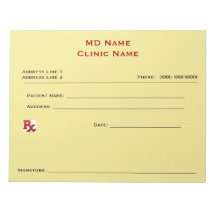
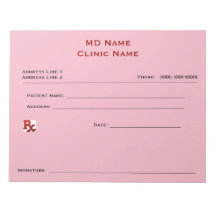
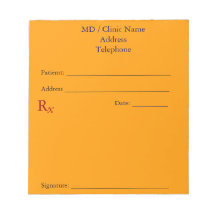
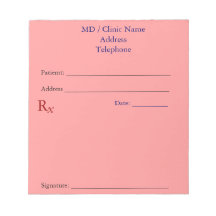
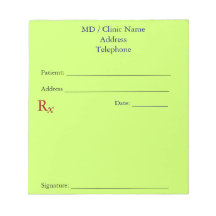
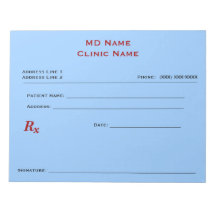
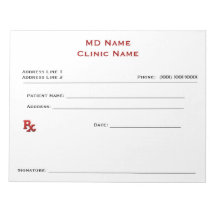
No comments:
Post a Comment